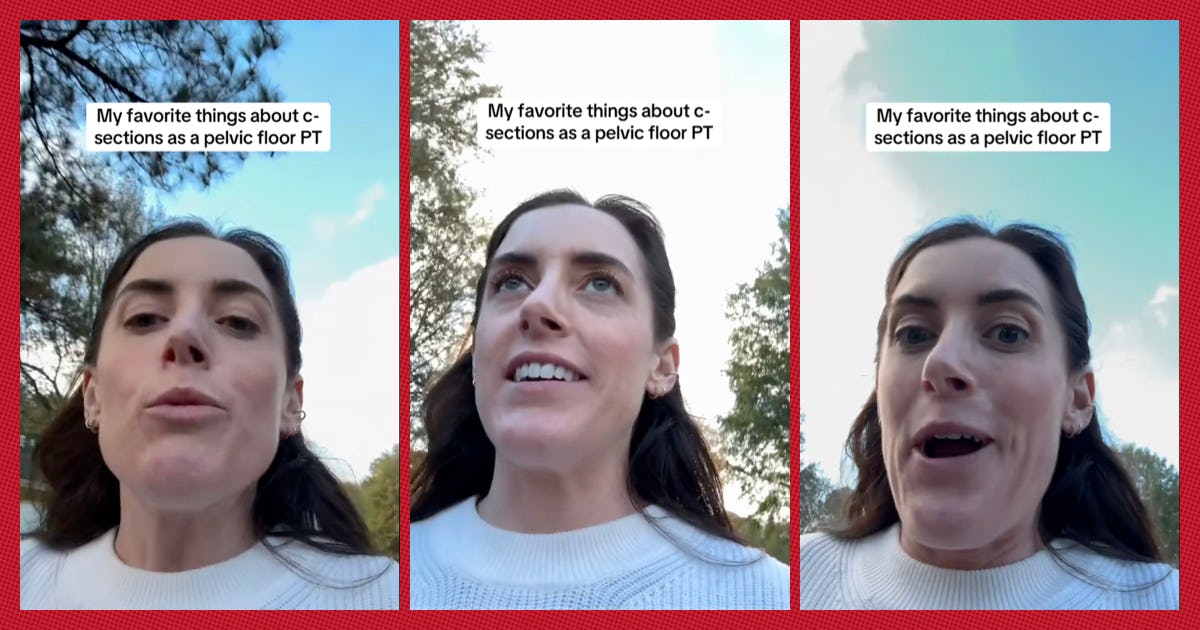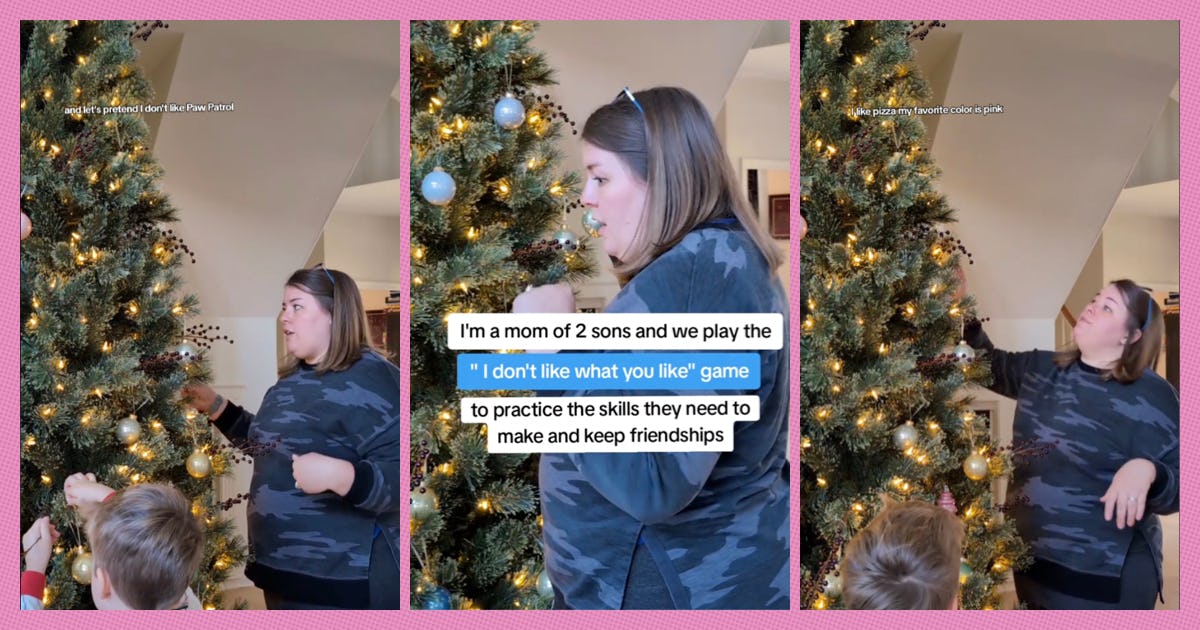Raising tweens and teens is great, right? Eyes roll. A sound of disgust. Show contempt for your every move. It’s especially fun when they ask you to spend a fortune on their clothes, hobbies, and concert tickets for absolutely nothing in return. Where are all your cups…and forks? They’re in your child’s room. Of course when you ask them to bring them back they tell you they don’t. It’s easy to lose your cool with kids this age – which is why it’s so useful to have a few simple phrases in your pocket to defuse your moody teen’s back-talk.
It helps to remember that teenagers are changing and growing, from their bodies to the adults they will become (maybe not right now, but still). From shrugging off your hugs to moaning at any gentle advice you offer, your child’s temper tantrums are usually directed at you. Why? Because you are their safe space.
However, being someone’s safe space doesn’t mean becoming a martyr. You can stand up for yourself when your child is being extra sassy; you just need to know what to say to defuse the situation. But there’s no denying that it’s sometimes hard to come up with the right response when all you want to do is pull the “go to your room” card.
Fortunately, we now have a five-year plan, and I was recently introduced to Dr. Kimberley Palmiotto—a licensed clinical counselor, educational psychologist, and school psychologist who works with girls. when she gives location She gave great advice, and one of her conversational suggestions on how to address rude or hurtful talk back from your teenage daughter really blew my mind.
You might want to remember a few of these things to nip your little foul mouth’s next outburst in the bud. Palmiotto suggests trying the following five phrases.
1. “Please try again.”
This is so simple! It works best when you feel angry or hurt by something your child just said to you, preventing you from communicating more clearly. It also works really well when your teen technically “asks” for something but ends up expressing it as a need.
2. “You can be frustrated, but I can’t hear you when you talk to me like that.”
This validates your child’s feelings and lets them know you’re not trying to get them to change their emotions or suppress their feelings. When they talk to you about these feelings, you are simply asking for respect.
3. “Your tone belies your message.”
Tone policing is not cool for two adults. However, welcome to the real world, where the way you speak is often more important than what you say. This gentle reminder will help change any annoying tone your daughter gives you. It may also help prepare them to share their feelings as they get older.
4. “I’m not sure this is how you meant to respond, but it doesn’t feel good.”
Sometimes, your teen will intentionally hurt you. Sometimes their emotions get the best of them, and in expressing these feelings they say things that are unintentionally hurtful. You can’t always tell the difference. In both cases, it’s important to make your child aware when they say something hurtful. This 1) gives them the opportunity to work through the problem with you and 2) makes them more aware that their reactions may be hurtful.
5. “It sounds like this is really disturbing to you. Let’s take a break.
In any relationship, it’s important to take time away from heated arguments. When we’re emotional, it’s easy for us to say things we don’t mean. Taking a break gives both parties a chance to breathe, think, and maybe even have a chance to share their thoughts with someone else on the outside who might bring a different perspective to them.
Palmioto’s responses were solid and, most importantly, neutral. In the middle of a heated argument or after being talked back to, it’s easy to lose control and say something as hurtful as your child. (If you do, apologize and move on.) By keeping a few of these in your back pocket, you may be able to avoid an emotional outburst on one or both sides. As Palmito points out in her note, “How we deal with it determines the trajectory of future communications.”




